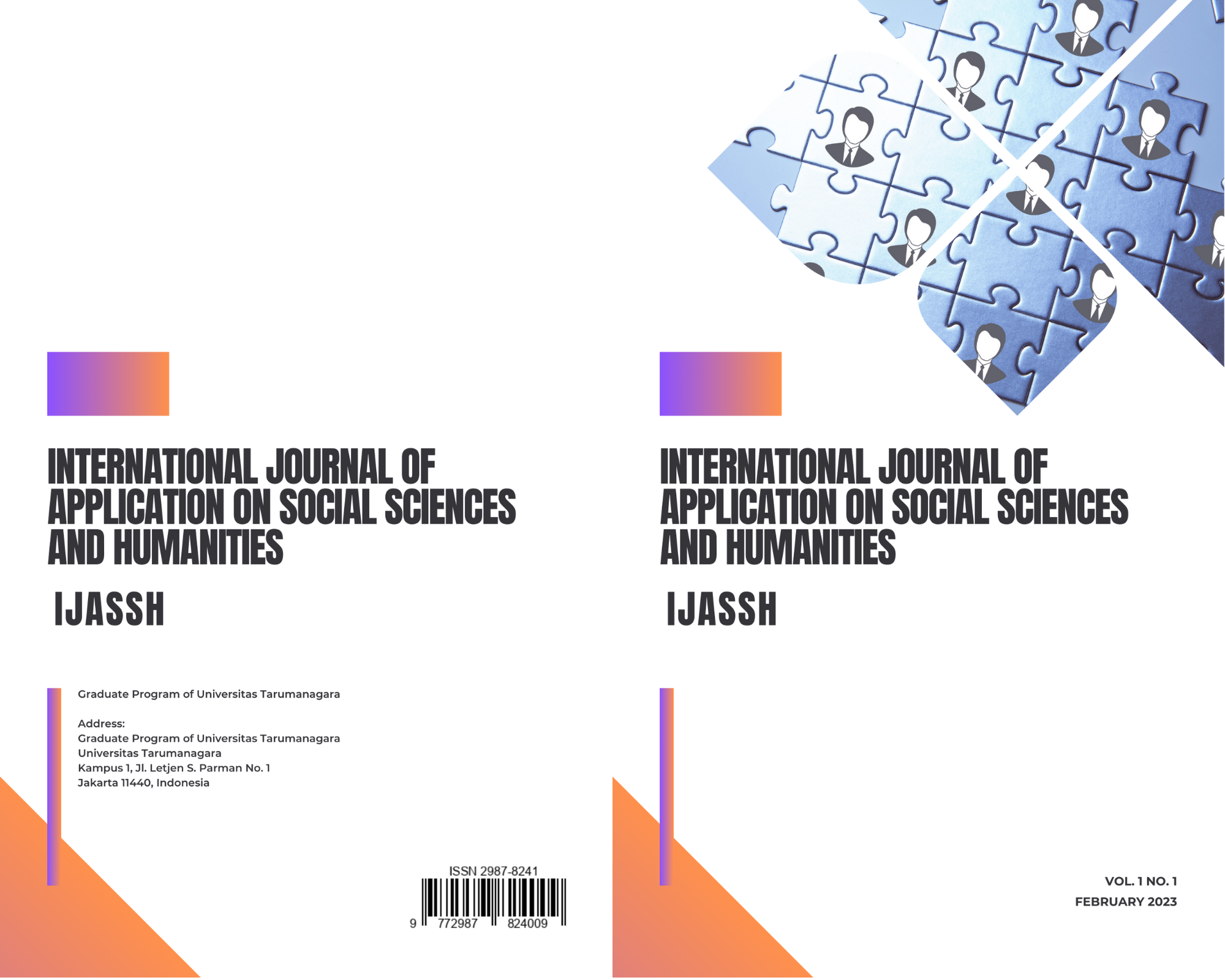HOLISTIC LEADERSHIP WITH SYSTEM THINKING AS A MODEL FOR SCHOOL PRINCIPALS IN THE ERA OF TECHNOLOGY
Main Article Content
Abstract
This paper aims to see how holistic leadership can solve school leadership problems in Indonesia after the Covid-19 Pandemic. Schools today face complex problems related to rapid changes that impact the needs of students and parents, learning models, the facilities needed, and the dominant role of information technology. Using a qualitative case study, this study seeks to explore the experiences of highly successful school leaders through the interview method. They consist of three Foundation leaders and four school principals from successful foundations and private schools affiliated with certain religions in Java and Sumatra. The results of this study mention schooling problems related to competence, use of data, adaptive attitude including technology, and building a focus of excellence with business logic. To overcome this problem, principals are needed to be adaptive, move flexibly, use data, and empower. Steps to improve or prepare leaders are carried out by understanding the concept of a holistic, organic leader that is flexible and networked.
Article Details
Section

This work is licensed under a Creative Commons Attribution-NonCommercial-ShareAlike 4.0 International License.
References
A. Lie, Pendidikan: antara kebijakan dan praksis. Surabaya: Universitas Katolik Widya Mandala, 2015.
B. M. Prensky, “Digital Natives, Digital Immigrants, Do They Really Think Differently ?,” vol. 9, no. 6, 2001.
D. T. Founder, C. X. O. Agile, E. Dt, and D. Gelernter, “What is Design Thinking ? complexity,” no. February, 2018.
F. Doringin and K. Oktriono, “The Challenges of Implementing Online Learning in Secondary Education,” TALE 2019 - 2019 IEEE Int. Conf. Eng. Technol. Educ., pp. 2–5, 2019, doi: 10.1109/TALE48000.2019.9226036.
F. Doringin, “The central role of school vision to strategize the change in elementary schools in Indonesia,” in Elementary Education: Global Perspectives, Challenges and Issues of the 21st Century, E. J. Byker and A. Horton, Eds. New York: Nova Science Publishers, 2020, pp. 27–40.
F. Doringin, “The Role of the Education Foundation for the Success of Private Schools in Jakarta,” Humaniora, vol. 13, no. 1, pp. 33–38, 2022, doi: 10.21512/humaniora.v13i1.7410.
F. Doringin, “The Steps of Technology Implementation in Education for Sustainable Development of Junior Highschool in Jakarta,” no. May, 2019, doi: 10.4108/eai.26-1-2019.2282955.
H. Shaked and C. Schechter, Systems Thinking for School Leaders. Dordrecht: Springer, 2017.
I. Kaufman, “Are You a Digital Alien, Digital Immigrant, or Digital Native? ...Marketing to the Digital WHO...,” social media today, Oct. 24, 2011. https://www.socialmediatoday.com/content/are-you-digital-alien-digital-immigrant-or-digital-native-marketing-digital-who.
J. Tumwesige, “COVID-19 Educational Disruption and Response : Rethinking e-Learning in Uganda Josephine Tumwesige,” no. June, 2020.
L. Vanderkam, Blended Learning: A Wise Giver’s Guide to Supporting Tech-Assisted Teaching. Washington, D.C: The Philanthropy Roundtable, 2013.
L. Vanderkam, Excellent Educators: A Wise Giver’s Guide to Cultivating Great Teachers and Principals. Washington, D.C: The Philanthropy Roundtable, 2014.
M. B. Cahapay, “Rethinking Education in the New Normal Post-COVID-19 Era: A Curriculum Studies Perspective,” Aquademia, vol. 4, no. 2, p. ep20018, 2020, doi: 10.29333/aquademia/8315.
M. G. Kanakana-Katumba and R. Maladzhi, “Online Learning Approaches for Science, Engineering and Technology in Distance Education,” IEEE Int. Conf. Ind. Eng. Eng. Manag., pp. 930–934, 2019, doi: 10.1109/IEEM44572.2019.8978892.
P. Drucker, Managing the non-profit organization: Practices and principles. London: Routledge, 2016.
R. K. Yin, Case study research: Design and methods, 5th ed. California: Sage, 2014.
R. Kelly, Constructing leadership 4.0: Swarm leadership and the fourth industrial revolution. Kent: Springer, 2018

